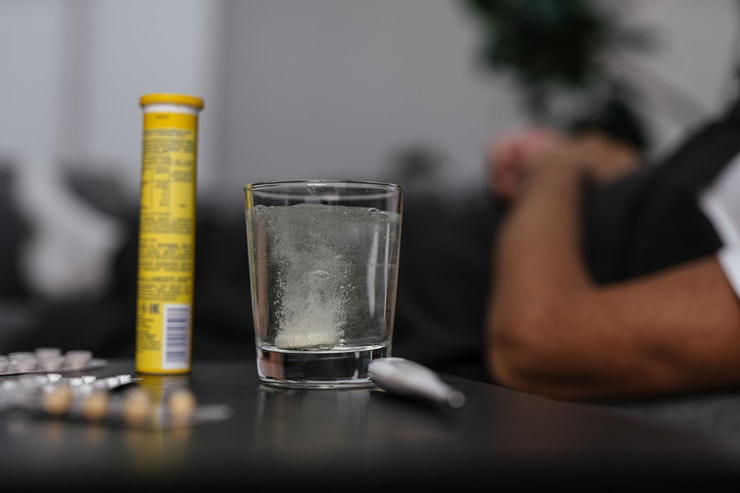Having a sudden aggravation of your reflux condition can be relieved almost immediately by using over-the-counter (OTC) drugs.
However, many OTC’s that may aid digestion or help reduce acidity have several potential problems. OTC’s can actually aggravate your condition in the long run by irritating your stomach or esophagus lining.
Although OTCs have less known side effects than prescription treatments, they can still have side effects
As a rule you should avoid purchasing OTCs without consulting your doctor even if symptoms are severe.
Here is some information about OTC treatments and their effect on acid reflux:
Antacids:
Antacids are drugs aimed at neutralizing stomach acid by emptying the acid from the stomach. In this way the reflux liquid will contain no acid. Although antacids work very fast, their effect is quickly reduced as acid re-accumulates in the stomach.
The effect of neutralizing acid stomach is achieved using three basic salts – magnesium, calcium, and aluminum – with hydroxide or bicarbonate ions.
The problem with calcium-based antacids is that they also stimulate the release of a hormone called gastrin that is mainly responsible for stimulating the production of stomach acid, which is counterproductive. Antacids also have some side effects including constipation, diarrhea and nausea.
Pepto Bismol
Pepto Bismol is a famous antacid OTC product that may temporarily soothe acid reflux and IBS (irritable bowel syndrome) symptoms, ease nausea and help digestion.
Pepto Bismol contains bismuth subsalicylate, an active ingredient that impedes the growth of bacteria, particularly H. pylori, (a bacteria related to ulcers) and aspirin. Pepto Bismol can cause side effects such as ringing in the ears.
Foaming Agents
Foaming agents are drugs that help cover your stomach contents with foam to prevent acid reflux. They contain a combination of aluminum hydroxide gel, magnesium trisilicate and alginate.
Foaming agents are best taken after meals and in combination with other drugs to maximize their effectiveness. If your esophagus is damaged, foaming agents are useless.
H2Blockers
H2 blockers (histamine antagonists) suppress acid production by attaching themselves to the receptor cells in the stomach. H2 blockers do that to prevent histamine (They block histamine type 2) from stimulating the production of acid.
If you suffer from inflammation in the esophagus, H2 blockers are useless, but they can be effective at temporarily alleviating the symptoms of GERD. The difference between over-the-counter H2 blockers and those
prescribed is the strength of the drug.
Proton Pump Inhibitors (PPIs)
Proton pump inhibitors are more potent than H2 blockers, and their success rate at alleviating the symptoms of GERD is far greater.
PPIs work by blocking the production of acid in your stomach while helping your esophagus to heal
in case of inflammation as they protect it for any contact with acidic reflux.
PPIs are usually used when H2 blockers prove to be ineffective. They are best taken before meals.
Prokinetics
Prokinetics, also called pro-motility drugs, are aimed at helping your stomach expel content more rapidly, enhance the stomach muscle tone and strengthen the LES. Pro-motility drugs are most effective when taken before meals and at bedtime.
Need guidance on how to control and manage your acid reflux? Check out my Heartburn No More program





No Comments